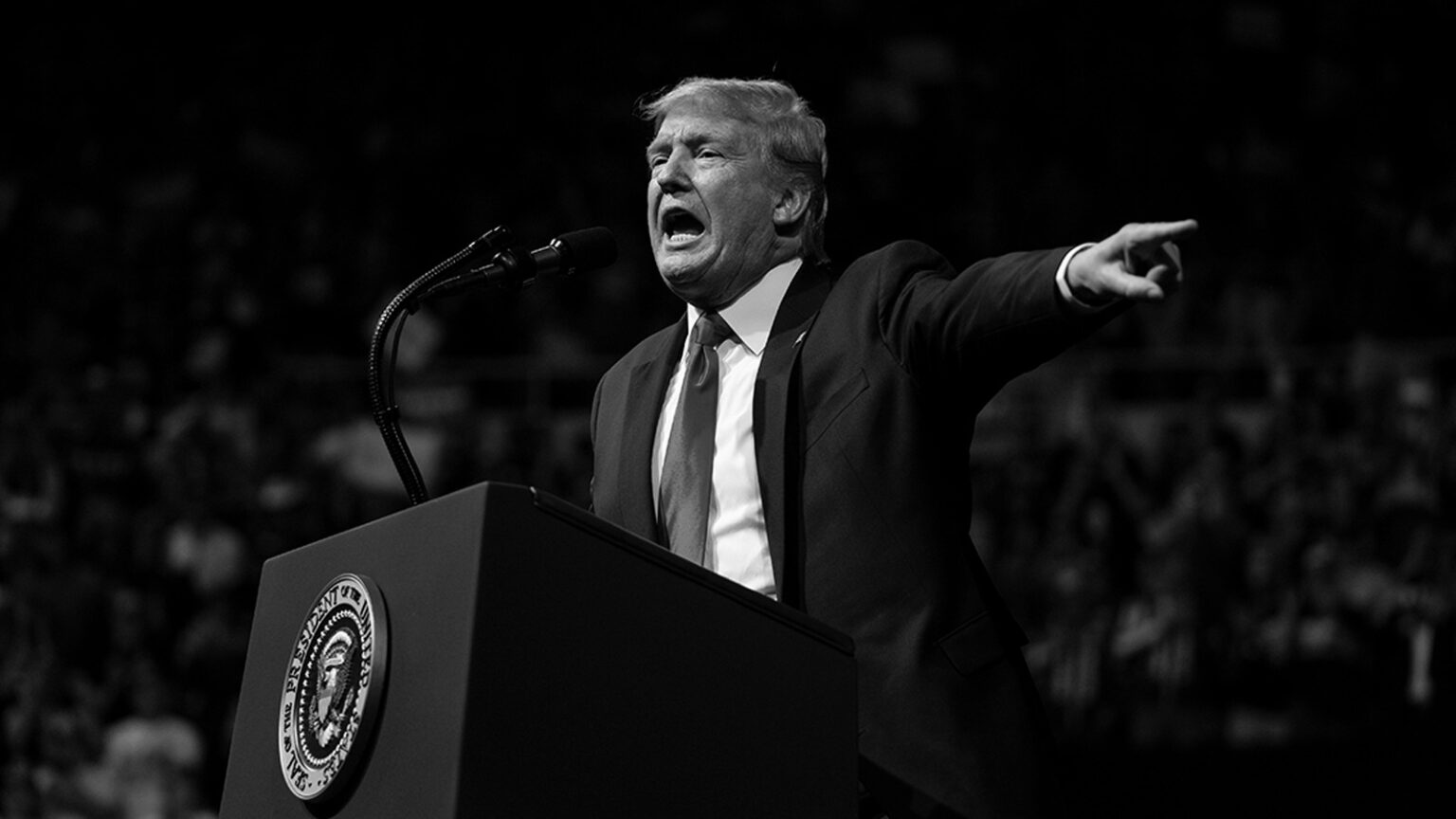The idea that the 2020 election was “stolen” has gained significant traction among many on the political right, even without supporting evidence and despite findings confirming the election’s fairness. Figures who attempt to debunk these theories often face backlash from Donald Trump and his allies.
As Trump campaigns for another term, he’s setting up a framework to recycle claims of election interference post-November 5, reviving past allegations like large-scale voting by non-citizens, flaws in the voting process, and misunderstandings of election systems, often leveraging human errors to suggest fraud.
A potential Trump win might channel these allegations towards down-ballot races, whereas a loss could fuel election-related falsehoods to levels seen in 2020—or beyond. He has yet to commit to accepting the results, saying, “If I lose… it’s possible. Because they cheat. That’s the only way we’re gonna lose, because they cheat,” at a recent rally.
A breakdown of popular myths follows, addressing processes, voting eligibility, and vote-counting.
Are non-citizens voting widely? Trump and allies frequently claim, without proof, that non-citizens are voting en masse. Federal law forbids non-citizens from voting in elections, and states verify citizenship. High-profile figures like Elon Musk amplify these ideas, suggesting Democrats aim to “import voters.”
There’s no credible data to indicate that non-citizens are voting in significant numbers, and recent purges of voter rolls targeting suspected non-citizens have triggered legal challenges. Republicans have also pursued lawsuits alleging voter rolls may contain non-citizens, which experts argue is more about publicity than legal substance.
Do voting machines produce fraudulent votes? Since 2020, unsubstantiated claims that vote-counting machines favor Democrats have circulated widely. An X post recently alleged Democrats were printing “MILLIONS of fake ballots” to feed into machines. These claims have led companies like Dominion to sue media outlets, winning substantial settlements.
Meanwhile, a move to hand-count ballots—costly and error-prone—is gaining minor traction, though some proposals have faced legal blocks, as in Georgia.
What is certification, and why is it sometimes delayed? One tool to contest results is the certification process. Local officials oversee vote counts, which elected county or town officials then certify. This step is legally required, not discretionary, yet some officials have refused to certify results, as seen in Georgia and Arizona, where courts intervened to ensure certification. Delays in certification, which courts consistently resolve, risk undermining public trust in the voting process.
Are overseas voters being manipulated? Right-wing media, including Gateway Pundit, claim Democrats use overseas voting to cheat, though this voting is legal under the Uniformed and Overseas Citizens Absentee Voting Act. Nearly 3 million Americans living abroad, including military members, are eligible to vote. A rumor circulated alleging Democrats planned to register millions of overseas voters fraudulently, though the University of Washington debunked this as misinformation.
Does mail-in voting promote fraud? Trump has consistently questioned the security of mail-in voting and ballot drop boxes, once suggesting in-person voting exclusively. However, the Republican party has recently advocated for early and mail-in voting, recognizing it may boost voter participation. Still, Trump could revive these fraud claims if he loses.
Misinformation from genuine mistakes Routine human errors often fuel conspiracy theories. In Maricopa County, Arizona, for example, the type of pen provided to voters became the subject of the “Sharpiegate” conspiracy. Similarly, an unattended ballot van in Minnesota led to controversy despite the ballots being secure, illustrating how small errors are often magnified in public discourse.
Delays in vote counts can also prompt suspicion U.S. elections involve extensive vote-counting, sometimes requiring days to complete due to the volume and complexity of ballots. Tight races may extend vote counting well beyond election day, fueling allegations of fraud. Arizona, for instance, recently expanded its recount threshold to trigger recounts in races closer than 0.5%, which could invite misinformation.
Republican calls for quicker results clash with the need for accuracy, a conflict Trump has historically exploited by prematurely claiming victory. Vote totals fluctuate as counting continues, a standard process that is sometimes misinterpreted as evidence of vote “injection.”



